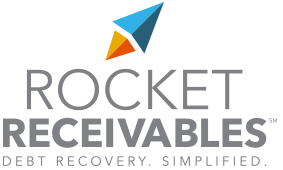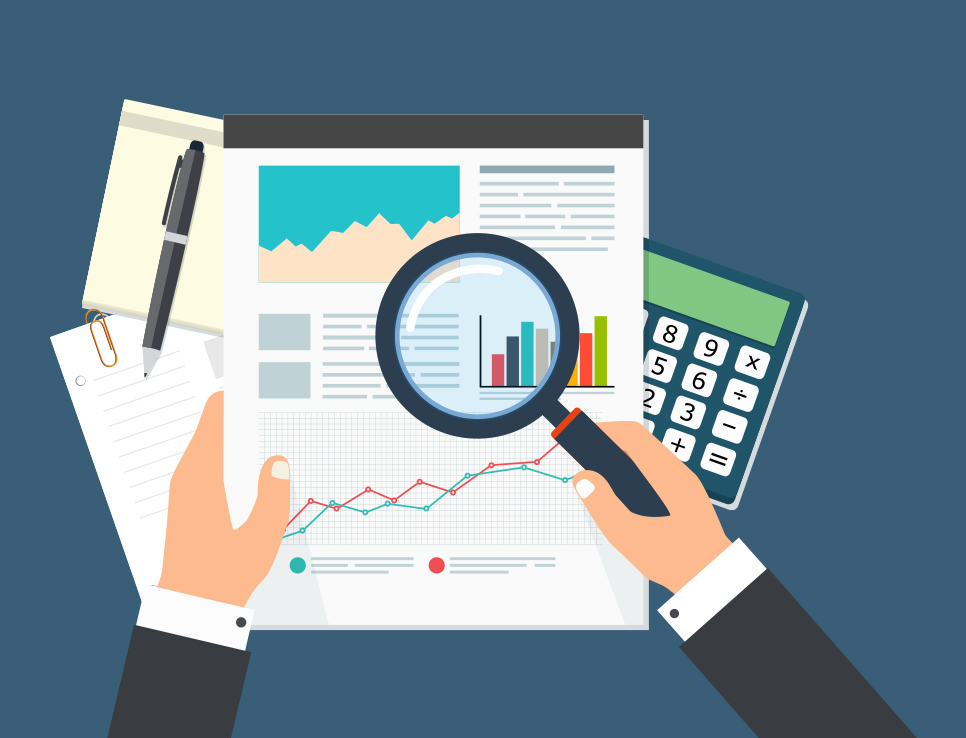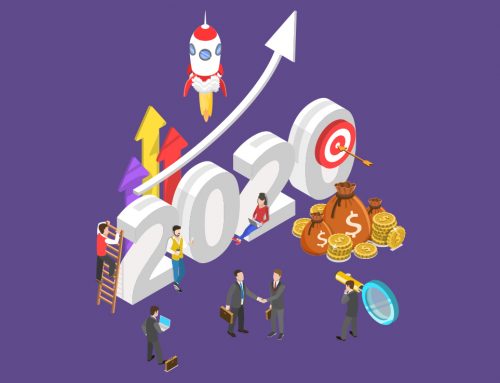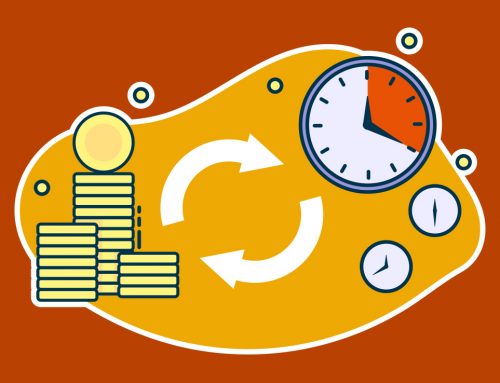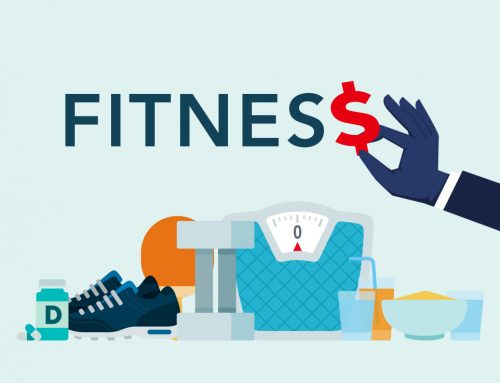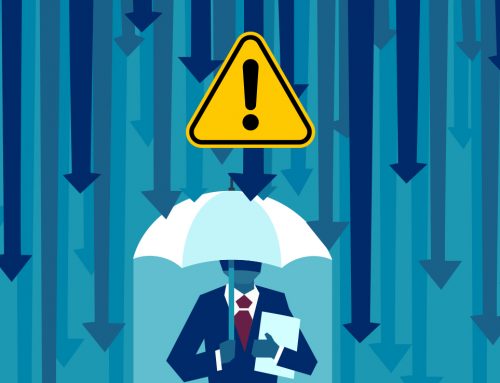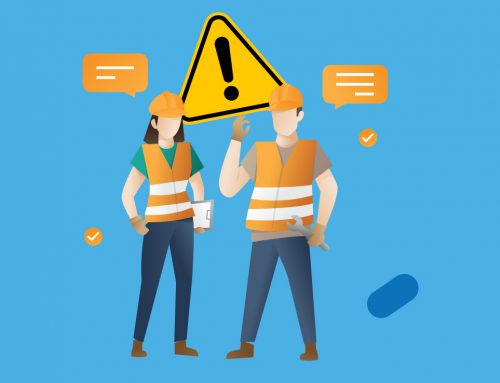A collection agency may be the tool you need to improve cash flow.
The key to using any tool is knowing when and how to use it properly. For the small to mid-sized business struggling with past-due receivables, a collection agency is the best tool for bringing these accounts into the black.
This article creates an understanding of how debt collection agencies work from both the debtor and a business standpoint. From B2C to B2B, why is a collection agency the best option for small to mid-size business owners?
Collection Agency and Debt Recovery
Inside ARM cites an Ernst and Young study showing third-party collection agencies are responsible for bringing in $45 billion annually for their clients. There’s a significant impact for businesses struggling to capture all the revenue owed for the services and products they offer. Clearly, a collection agency can bring value to a small to mid-size business. But what is it that they do and why would a business seek their help?
According to FindLaw, businesses typically struggle with three types of debtors:
- The slow payers, that are carrying a high debt load and pay each creditor off incrementally
- The ones that get into short-term financial trouble and can’t pay
- Individuals or businesses that simply don’t intend to pay what they owe
To collect on these accounts, it takes consistent, methodical effort and the right technology to drive the process. A collection agency has analytical tools that can help prioritize past due accounts by their likelihood to pay. They have the technology and skilled human resources to monitor unpaid debt: collection agencies have the tools required to track accounts and determine points when repayment may be possible. These business intelligence tools can make a big impact on debt recovery efforts, allowing the collection agency to work smarter and faster to bring your A/R up-to-date.
The Cost of a Collection Agency
The cost of hiring a professional collection agency is typically a fixed-fee or a contingency fee, which means that you pay a percentage of what is recovered.
Rocket Receivables offers both fee structures depending on the age of the debt you are trying to collect. For accounts less than 120 days past due, a fixed-fee service like Stage One, might be the best route for you.
However, if your receivables are creeping past the 120-day mark and efforts to collect on these debts have not been successful, a contingency fee structure like Stage Two might be your best option. Although the agency takes a percentage of what’s collected, these are accounts that would likely not be paid at all otherwise and collecting something is always better than nothing.
Compliance and the Collection Agency
Businesses and individuals who have fallen into arrears have rights that are governed by the Fair Trade Collection Practices Act. These federal rules dictate fair collection practices. There are also local laws that vary by state. A collection agency must have a very strict compliance policy in place to follow these rules. They must also be properly licensed in the jurisdictions where they ply their craft.
Simply put, most small to mid-sized business owners run the risk of failing compliance with these laws because they may not even be aware of these regulations. A collection agency stays compliant thanks to in-house legal teams tasked with monitoring the law, along with technology that helps these organizations follow the rules.
What if you were able to collect even half of what was owed to your business?
It’s imperative that the collection agency “first do no harm” to your client relationships. A collection agency must walk a fine line between being polite and doing their job. Anything less runs the risk of damaging your relationship with the community you’re trying to sell to. With Rocket Receivables you’ll get higher recovery of past-due receivables. We’re designed specifically for small to mid-sized businesses.
To start receiving e-Tips from Rocket Receivables on similar topics that will help boost your cash flow, subscribe here
